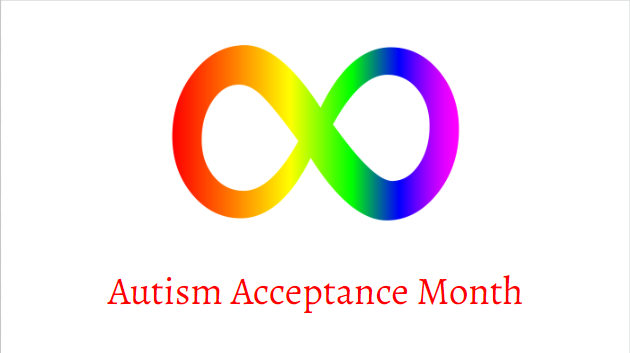Omicron Variant Presents New COVID Challenges

New research surrounding the Omicron Covid-19 Variant is changing the way countries approach the pandemic.
January 26, 2022
The rapid spread of Omicron has caused many people to doubt their current understanding of Covid-19.
Though much remains unknown, experts are learning more about the variation and how it affects those who have been vaccinated, those who have not been immunized, and those who have had a Covid infection. People who are exposed to Omicron, for example, tend to get sick sooner and may have symptoms that are distinct from those seen in other forms.
Omicron has significant differences, and to find out more, we talked to Mrs. Beresford, a Biology teacher at NAI. She says, “Omicron is just so much more contagious than the other variants… with the original strain about 2-3 people would get sick if they were exposed, with Delta about 6-8, with Omicron its 10-12 people. That’s a big difference. Also, people seem to be getting sick quicker… Luckily though, the symptoms seem to be less severe. However, people 65 and older and/or people with underlying conditions still are at high risk or getting severe symptoms and needing to be hospitalized and sometimes dying. Being vaccinated/boosted seems to still be protecting people from needing to be hospitalized though. ”
Early research reveals that omicron appears to induce lesser disease in the majority of persons, at least those who are up to date on their Covid immunizations.
Mrs. Beresford agreed with this, stating that “Even though Omicron has a lot of mutations (the most we’ve ever seen from a virus), the vaccines still are detecting the spike protein and providing antibodies AKA soldiers that know what to look for and go after if the virus enters the body. Antibodies constantly go through a trail period in the body and the best ones survive. Luckily, the best ones seem to still preventing people from getting severe symptoms.”
Additionally, a cough, lethargy, exhaustion, congestion, sore throat, and headache are frequent symptoms, according to Dr. Katherine Poehling, an infectious disease expert and vaccinologist at Atrium Health Wake Forest Baptist in North Carolina.
With all this new information being released, it’s still vital to take necessary precautions. “If we want life to get back to as normal as possible, we need to keep doing the precautions that we have been. Wash your hands, mask up indoors, and get vaccinated and/or boosted.”
















